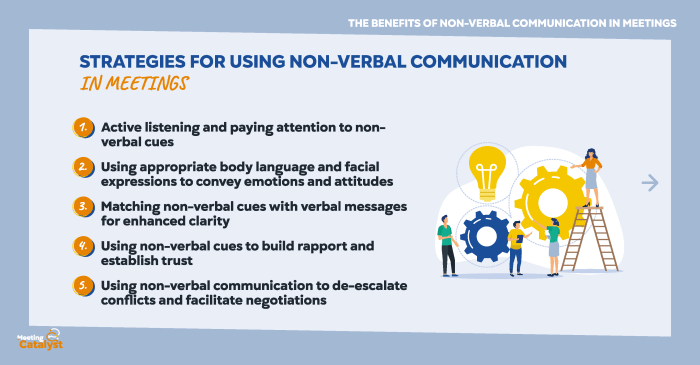The benefits of verbal deflectors are numerous, making them a valuable tool for individuals seeking to navigate difficult conversations and protect their boundaries. These verbal techniques empower individuals to redirect unwanted attention, avoid confrontations, and maintain a sense of composure in challenging situations.
Verbal deflectors encompass a wide range of strategies, each tailored to specific conversational dynamics. By understanding the types, benefits, and ethical considerations associated with verbal deflectors, individuals can harness their power to enhance communication and interpersonal relationships.
Types of Verbal Deflectors

Verbal deflectors are phrases or statements used to redirect or evade difficult conversations or questions. They come in various types, each with its own characteristics and effectiveness.
Simple Deflections
- “I don’t know.”A straightforward deflection that can be used when one genuinely does not have an answer.
- “I’m not sure.”Similar to “I don’t know,” but suggests a lack of certainty rather than a complete absence of knowledge.
- “I’ll have to get back to you on that.”A deflection that buys time to gather information or formulate a response.
Humor Deflections, The benefits of verbal deflectors are
- “That’s a good question. I’ll have to think about it and get back to you.”Deflects the question with humor while acknowledging its validity.
- “I’m not a mind reader, so I can’t answer that.”Uses humor to avoid giving a direct response.
Question Deflections
- “Why do you ask?”Turns the question back on the questioner, redirecting the conversation.
- “What do you think?”Invites the questioner to share their own perspective, shifting the focus away from the deflector.
Benefits of Using Verbal Deflectors

Verbal deflectors offer several advantages in different situations:
Managing Difficult Conversations
- De-escalating confrontations:Deflectors can help calm heated conversations by avoiding direct confrontation.
- Setting boundaries:Deflectors can be used to politely refuse requests or set boundaries without being confrontational.
- Protecting privacy:Deflectors can be used to avoid answering personal or sensitive questions without being rude.
Improving Communication
- Preventing misunderstandings:Deflectors can help clarify intentions and avoid misinterpretations.
- Encouraging open dialogue:Deflectors can create a safe space for open communication by deflecting potentially inflammatory questions.
- Maintaining relationships:Deflectors can help preserve relationships by avoiding conflicts that could arise from direct confrontations.
Strategies for Using Verbal Deflectors: The Benefits Of Verbal Deflectors Are

To use verbal deflectors effectively, follow these steps:
Choose the Right Deflector
- Consider the context and your relationship with the person you’re speaking to.
- Select a deflector that is appropriate for the situation and conveys your intended message.
Adapt to the Context
- Adjust the deflector to fit the specific conversation and the other person’s personality.
- Be mindful of the tone and language used to avoid coming across as dismissive or evasive.
Practice
- Practice using verbal deflectors in different scenarios to become more comfortable and natural.
- Seek feedback from trusted individuals to improve your effectiveness.
Ethical Considerations
While verbal deflectors can be useful, it’s important to consider their ethical implications:
Transparency and Honesty
- Avoid using deflectors to deceive or mislead others.
- Be transparent about your reasons for deflecting, if possible.
Respect for Boundaries
- Use deflectors respectfully and avoid using them to dismiss or belittle others.
- Respect the boundaries of others and do not use deflectors to avoid accountability.
Consideration for Context
- Consider the potential consequences of using a deflector in a particular situation.
- Avoid using deflectors in situations where direct communication is necessary or expected.
FAQ Guide
What are the different types of verbal deflectors?
Verbal deflectors can be categorized into various types, including humor, agreement, questions, and broken records.
How can verbal deflectors help in managing difficult conversations?
Verbal deflectors allow individuals to redirect the conversation, avoid confrontations, and maintain a sense of composure in challenging situations.
Are there any ethical considerations when using verbal deflectors?
While verbal deflectors can be effective, it is important to use them ethically, ensuring that they are not employed to manipulate or deceive others.